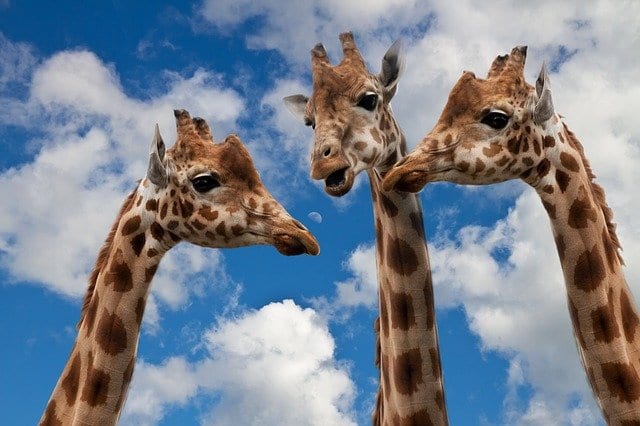Discipline #4 of 5 – Team Learning
The fundamental characteristic of the unaligned team is wasted energy. And unless teams can learn, the organisation cannot learn.
When teams are aligned and learning they produce extraordinary results. And individuals in the team grow more rapidly than they could ever otherwise do.
The discipline of team learning involves mastering the practices of dialogue and discussion, recognising the difference between them and having the skill to use each appropriate to context.
In dialogue complex issues are explored, there is deep listening and a suspension of judgement.
In discussion alternative views are promoted and defended in the search for the most acceptable view so that a decision can be made. Most teams are unaware of whether they are in discussion or in dialogue.
In great dialogue where “conversations take on a life of their own”, individuals gain insight that they could not achieve individually. Unimagined possibilities emerge. In discussion, the options remain in the realm of what was already imagined.
Dialogue is “yes-and”. Discussion is “no-but”. Dialogue seeks a picture larger than any individual’s view. Discussion seeks consensus on the common denominator. Integrating the skills of dialogue with discussion results in being able to hold a position without being held by the position.
Without skilled facilitation the deeply ingrained habit of discussion is likely to pull you away from dialogue. The facilitators role is to hold the context where positions and assumptions can be suspended.
As the team’s dialogue skills develop the facilitator becomes less important to the point where group can be safely “leaderless”.
Discipline #1 of Learning Organisations – Personal Mastery
Discipline #2 of Learning Organisations – Mental Models
Discipline #3 of Learning Organisations – Shared Vision
More Insights
Return Home

Share this on...